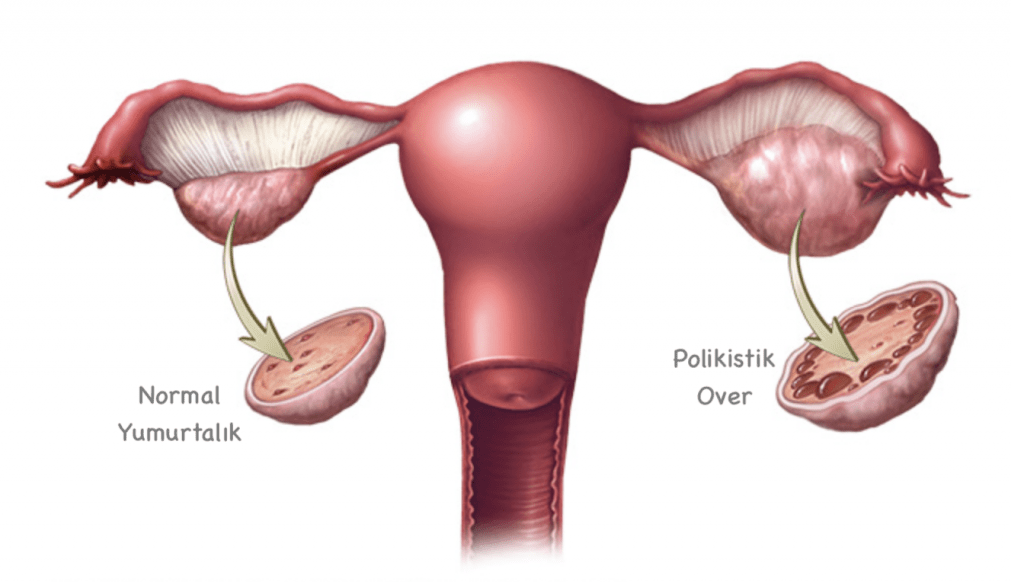Polycystic Ovary Syndrome
What is Polycystic Ovary Syndrome?
One of the most common endocrine disorders distressing 5-15% of women in the reproductive age is Polycystic Ovary Syndrome (PCOS), which is characterized by chronic anovulation, hyperandrogenism and polycystic ovaries.
Polycystic Ovary Syndrome is a complex condition that may possibly require for a management by a multidisciplinary team. Despite the fact that no cure is available for this condition, proper control of the symptoms can be achieved with healthy lifestyle and dietary modifications. It is important for PCOS to be diagnosed early to endorse long-term health and prevent metabolic and cardiovascular complications.
Polycystic Ovary Syndrome - Symptoms
» Menstrual Irregularities
Approximately 60-70 percent of women affected with PCOS reflect menstrual dysfunction pertinent to anovulation, with infrequent periods (oligomenorrhoea) and absence of period (amenorrhea) being the most common abnormalities. Besides, prolonged and frequent periods (polymenorrhoea) are very uncommon (accounting for less than two percent), while one quarter of patients have regular periods.
» Infertility
The difficulty in stepping into the throes of promising motherhood is majorly owing to chronic anovulation. PCOS arrests approximately 75 percent of anovulatory subfertility.
» Obesity
Obesity is quite often associated with PCOS (30-70 percent), but many patients with PCOS are of normal weight.
Polycystic Ovary Syndrome - Causes and Risk Factors
The exact causes remain blurred but more than a singular factor can be involved. With genetic and environmental contributors combined with obesity, ovarian dysfunction and hormonal changes contribute to PCOS.
- Long-term risk
- Weight gain/obesity
- Insulin resistance and type 2 diabetes (T2DM)
Adolescents and adult women with PCOS fall under the increased risk category for Impaired Glucose Tolerance (IGT) and T2DM. A proper diagnosis of PCOS unveils a 5- to 10-fold increased risk of developing T2DM. The use of an Oral Glucose Tolerance Test - OGTT (consisting of a fasting and a 2-hour glucose level using a 75 g oral glucose load) is suggested to screen for IGT and T2DM.
» Cardiovascular disease
It is of supreme importance to screen women with PCOS for the enlisted cardiovascular disease risk factors: potential family history of early cardiovascular disease, IGT/ T2DM, hypertension, smoking, obstructive sleep apnoea, dyslipidemia, and obesity (especially increased abdominal fatty tissue).
» Endometrial cancer
Women suffering with PCOS are at a threefold increased risk of developing an endometrial cancer (cancer of the inner lining of the uterus). There is presently no data corroborating routine endometrial biopsy of asymptomatic women or ultrasound screening of the endometrium. Nevertheless, women should be properly counselled to report unlooked-for bleeding and spotting.
» Depression and mood swings
Since women with PCOS are prone to depression, trepidation and anxiety by history, they should be screened and, if identified, appropriate referral and/or treatment should be provided.
The Buzz Button
Ideally, as one should get routinely medically examined for PCOS, please consult your gynecologist at your earliest possible.





